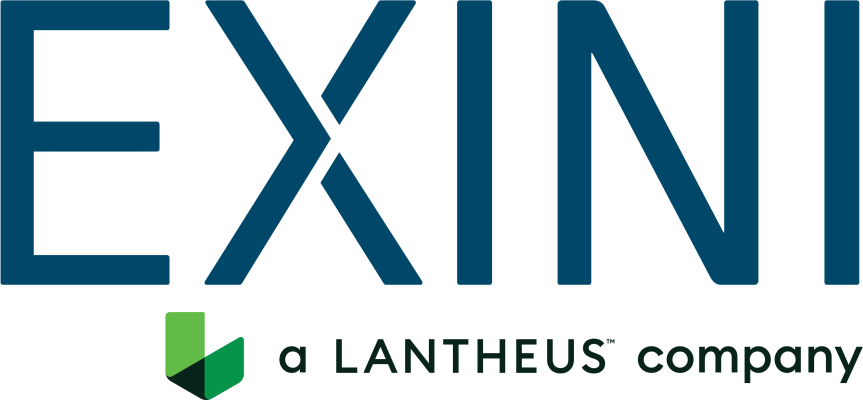
Under the terms of the agreement, EXINI’s deep learning platform will be tailored to meet the specific needs of the European market. The clinical value proposition of the platform is to increase the efficiency and reproducibility of PSMA PET/CT image assessments in prostate cancer and establish the standard for comprehensive reporting across the US and Europe. The deep learning algorithm will be trained on anonymized data from Curium’s European Phase III PYTHON (NCT04734184) clinical trial, in addition to the existing dataset from the two U.S. registrational studies (OSPREY – NCT02981368 and CONDOR – NCT03739684) of piflufolastat F18.
The AI-enabled assessment will assist in bringing increased consistency, reliability, and efficiency in reporting PSMA-avid total disease burden and in monitoring its change with treatments.
Benoit Woessmer, CEO PET Europe at Curium commented: “By leveraging artificial intelligence and the extensive anonymized data from our European PYTHON clinical trial, this is an important milestone in enhancing prostate cancer diagnosis, and indeed for the patients themselves. We are excited about using deep learning to help us redefine the experience of cancer through our trusted legacy in nuclear medicine.”
Etienne Montagut, Chief Business Officer at Lantheus commented: “PSMA PET has had an important impact on prostate cancer management. With the expanding treatment options in prostate cancer, including PSMA RLT, there is increasing demand for efficient, standardized quantitative assessment of PSMA disease burden. Our partnership with Curium expands the pool of patient data informing our AI algorithm and enables more widespread access to our software.”
